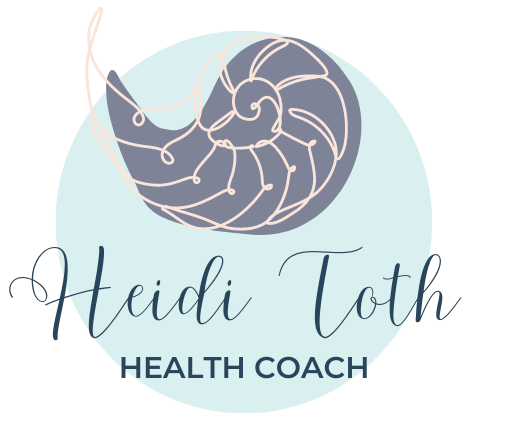Is Apple Cider Vinegar For Real?
| Consuming apple cider vinegar (ACV) is a popular home remedy and has been used for eons in medicine and cooking. During biblical times, vinegar was used to flavor foods, as an energizing drink, as medicine and is mentioned in both the Old and New Testaments. About 2400 years ago, Hippocrates, the father of modern medicine, prescribed a mixture of honey and apple cider vinegar for treatment of various diseases, including coughs and colds. |
| However, there are health claims about the benefits of ingesting ACV that are not substantiated by research or have not been shown to be effective, such as lowering your blood pressure or reducing acid reflux. While ACV has healthful properties, including antimicrobial and antioxidant effects, we will look at the evidence about some health benefits. |
In a study published in the Journal of Functional Medicine, participants drank one tablespoon of ACV with lunch and dinner and ate a lower calorie diet (250 calories less than daily requirements) which significantly reduced their weight and lowered their cholesterol levels (1).
| In another study of 175 people with obesity it showed that daily apple cider vinegar consumption( 1 to 2 tablespoons in 500 ml beverage) led to lower BMI, reduced belly fat, waist circumference and weight loss in 3 months. However, measurements (weight, BMIs, and waist-hip ratios) returned to their initial values at the end of the posttreatment period, possibly indicating that regular intake of vinegar is needed to maintain the positive effects (2). |
| Another health benefit with several studies have shown that taking a tablespoon or two of apple cider vinegar could lower your blood sugar after meals. One study had participants consume a meal composed of a bagel, orange juice and butter. After the meal, the participants received four teaspoons (20 grams) of ACV or a placebo. The researchers checked blood glucose levels 30 and 60 minutes after the meal and found that ACV significantly lowered post-meal blood sugar levels compared to the placebo (3). Another study showed vinegar supplementation lowered blood sugar and insulin levels and increased feelings of fullness after eating white bread for breakfast. The authors also indicated an interesting potential for fermented and pickled products containing vinegar. (4) |
| More recently, several researchers did a review of nine research studies and concluded that ACV consumption significantly decreased total cholesterol, fasting blood sugar , and HbA1C concentrations (average blood sugar over 2-3 months) (5). Several other studies report similar findings and while the effects are moderate , we do need more research to know exactly how it works (6). |
Some common ways to use ACV is putting 1–2 teaspoons (5–10 mL) to 1–2 tablespoons (15–30 mL) per day mixed in a large glass of water or used in cooking such as in salad dressings or sauces for meats and vegetables. Another suggestion is stirring into soup, especially if making homemade bone broth, which helps to draw nutrients out.
Apple cider vinegar can provide some health benefits if taken correctly and many people attest to its effectiveness. However, to stay safe and prevent side effects, it is important to use the correct amount in the correct way. Be mindful of the possibility of negative effects as well. The acid in apple cider vinegar may erode your teeth enamel so always water down ACV and you can drink it through a straw to protect your teeth. (7) ACV in food generally does not have these effects. Acidic foods and liquids like vinegar may worsen acid reflux or irritate your esophagus.
You also want to consume a quality ACV, look for one that is organic, unfiltered, and still has the “mother.” One trick is to turn the bottle upside down and if you see solid pieces floating in it or a film coating on the bottom of the bottle, it is a good thing .The “mother” is made up of strands of proteins, enzymes, and beneficial bacteria, which are known as probiotics . However, it is typically unpasteurized and should not be consumed by children, immunocompromised persons or during pregnancy.
Overall, the risk of side effects when AVC is consumed in recommended quantities and in recommended ways seems inconsiderable and there appears to be beneficial health effects- so go for it.










